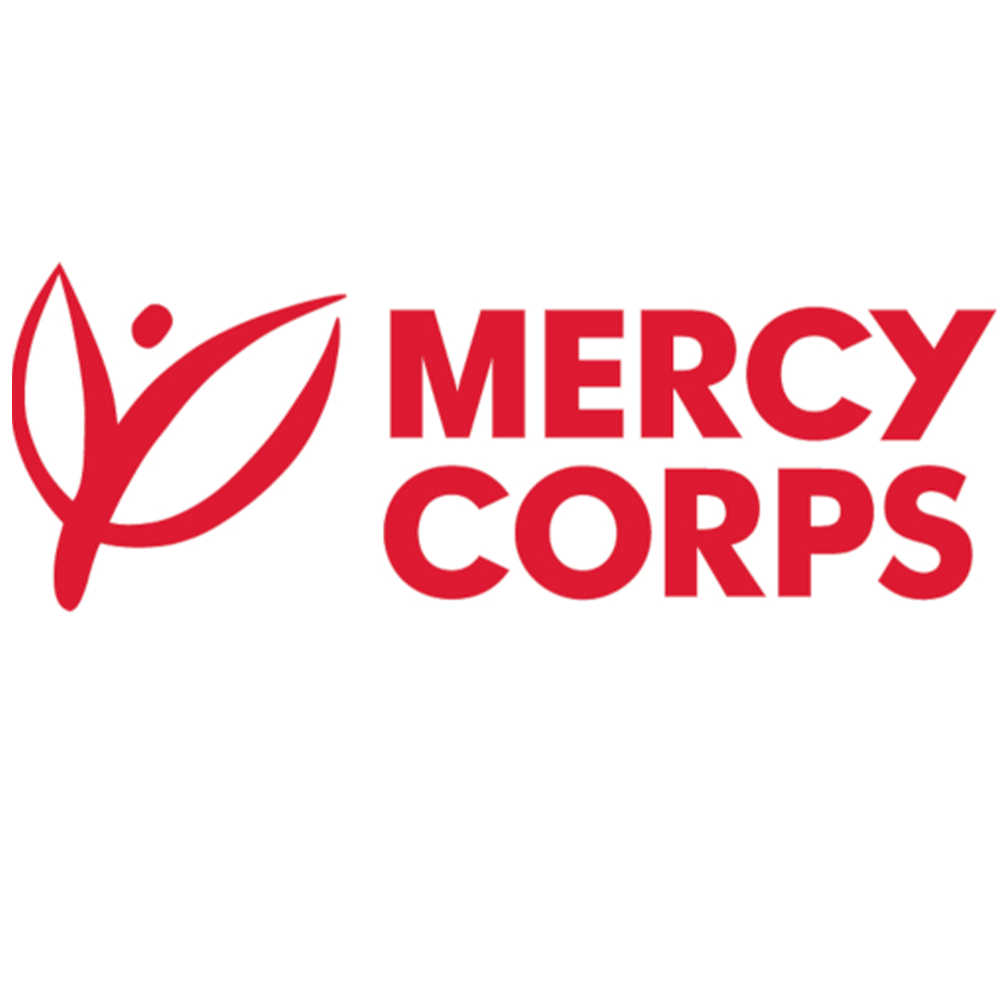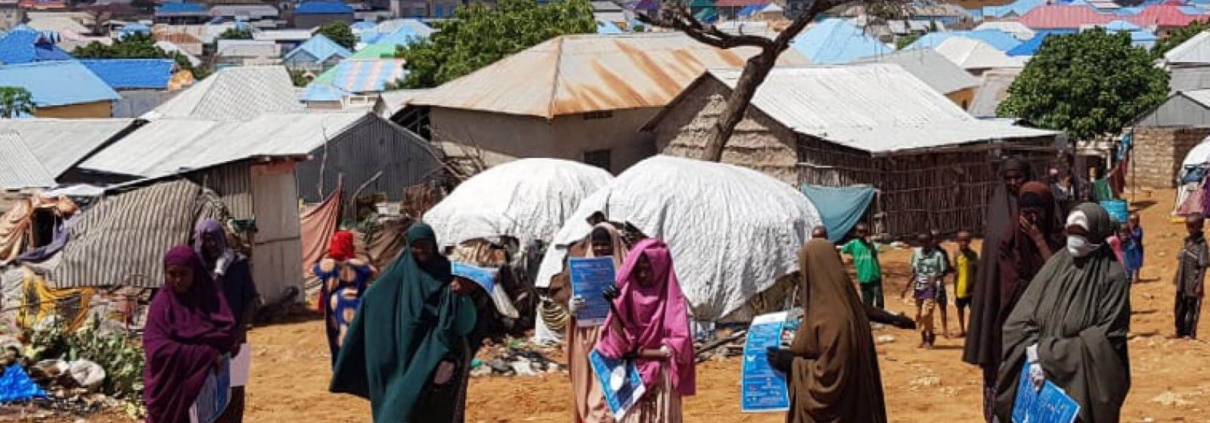Understanding the Impact of COVID-19 in Fragile and Conflict-Affected Societies (Mercy Corps)
As part of the Humanity Hub’s first seasonal programming theme, focusing on COVID responses, we will share insights by members of the Humanity Hub community and the Hague Peace & Justice ecosystem. This week, we are spotlighting Mercy Corps‘ reports on COVID-19 and its impact in fragile and conflict-affected societies.
The COVID‑19 pandemic presents an array of challenges to societies affected by armed conflict and acute fragility.
The threat to public health, along with governments’ responses to the pandemic, risk exacerbating violence and instability worldwide, which could consequently undermine efforts to contain the virus. While scholars, policymakers, and practitioners have speculated about the potential effects of COVID‑19 on conflict, stability, and governance, Mercy Corps is drawing on its presence in more than 40 countries to better understand how the pandemic is having an impact on the ground. In addition to assessing the impact on social cohesion, state-society relations, economic well-being and resource competition, we are tracking how our programs are adapting both to mitigate the effects of COVID‑19 and to overcome the difficulties of operating in its midst. This page collects our latest research and analysis on COVID‑19 impacts, including recommendations for how policymakers and practitioners can rise to the challenge and seize opportunities to bolster communities’ resilience to the crisis.
> Advancing Peace in a Changed World: COVID‑19 Effects on Conflict and How to Respond
> Linking Good Governance, Peacebuilding, and Public Health in the Midst of COVID‑19: Lessons from Northeast Nigeria
> Overcoming the Trust Deficit: Engaging Communities to Succeed in Vaccinating the World Against COVID‑19




